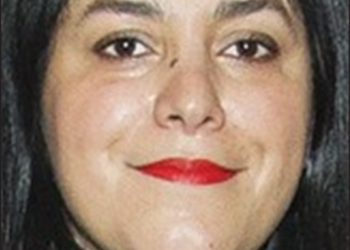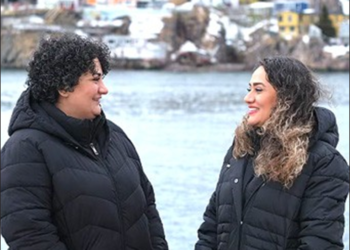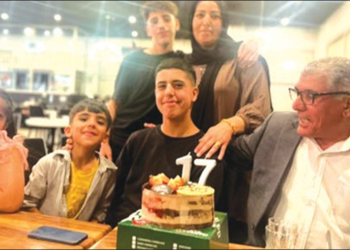And there is a state bias against the practice of Shiism, but that doesn’t matter much to those fleeing the Islamic Republic. The key point behind the growing Iranian community is that Malaysia is one of the few countries in the world that does not require Iranians to obtain a visa to enter.
Abed Randamiz, a host on a local Iranian television station, GEM-TV, said Malaysia is the best of three countries that freely give them visas, the others being Turkey and Turkmenistan.
GEM-TV is a privately owned, Dubai-based bootleg satellite station that beams the modern world into Iran from a broadcast station in Malaysia—one of what the Iranian government recently said is 120 television stations beaming into Iran in Farsi from the outside world.
The Iranian influx is small but growing fast. At present, Time magazine recently reported, there are about 60,000 Iranians studying, working or waiting for visas in Malaysia, which has the advantage of being seen as a relatively easygoing, multi-ethnic Muslim-majority nation.
There are also a growing number of clubs holding “Iranian Nights” once a week and featuring Iranian deejays and music.
“Iranians hold shares in an estimated 2,000 Malaysian businesses and occupy about 15,000 spots in Malaysian universities. Tourist arrivals from Iran jumped 14.3 per cent to 116,000 last year,” Time reported.
“Most Iranians in Malaysia bask in the comforts of a life free from ideological pressures and from, in one exile’s words, ‘bribing the police every time you want to have a party.’ Malaysia has become the base for frequent ‘Persian Disco Nights’ and glitzy concerts by famed singers — one earlier this year included a rallying cry against the current regime — during the Iranian New Year in March,” according to the magazine.
However, Time noted that life in Malaysia for the Iranians is not without hassles. “Many, including Ali Manafi, a radio anchor who recently fled Iran at considerable risk, are exhausted by religious rules. ‘Spirituality should be personal,’ he says. ‘Here there are too many mosques and imams’.”
Few Malaysian mosques welcome Shiite Muslims, and there is an active repression policy that has been forced on the government by Sunni activists. Several people have been arrested for promoting Shiism.
Iranian political activists have also faced trouble for political protests. Five Iranian student leaders were arrested for carrying candles in a memorial for protesters killed in Iran. In 2009, a protest against Iran’s elections outside the UN mission was broken up with tear gas. The Malaysian government seeks to maintain good relations with Tehran and wants its Iranian residents to remain silent politically.
Iranians told Time that Malaysians often assume the worst of the Iranian community, fuelled lately by the high volume of arrests of Iranian mules carrying drugs into Malaysia..
One Malaysian cab driver told Time, “Iranians are dirty-minded people — they come here to drink and take drugs and wear their shirts open like women,”
But Time said, “Prejudice goes both ways,” quoting GEM-TV’s Randamiz as mocking Malaysia as a young nation compared to Iran’s 2,500 years of culture.


















